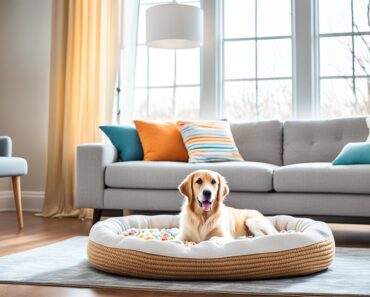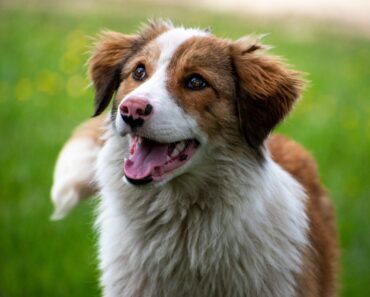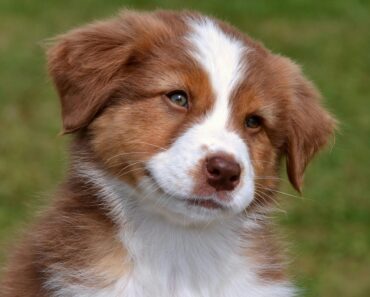The French Bulldog, with its distinct bat-like ears, muscular frame, and charming personality, is one of the most popular small dog breeds in the world. Whether you’re considering adding a French Bulldog to your family or you’re already a proud owner, understanding their unique needs, temperament, and health requirements is essential for a happy and healthy life together. This comprehensive guide will cover everything you need to know about French Bulldogs, from their history to their care requirements.

1. History and Origin
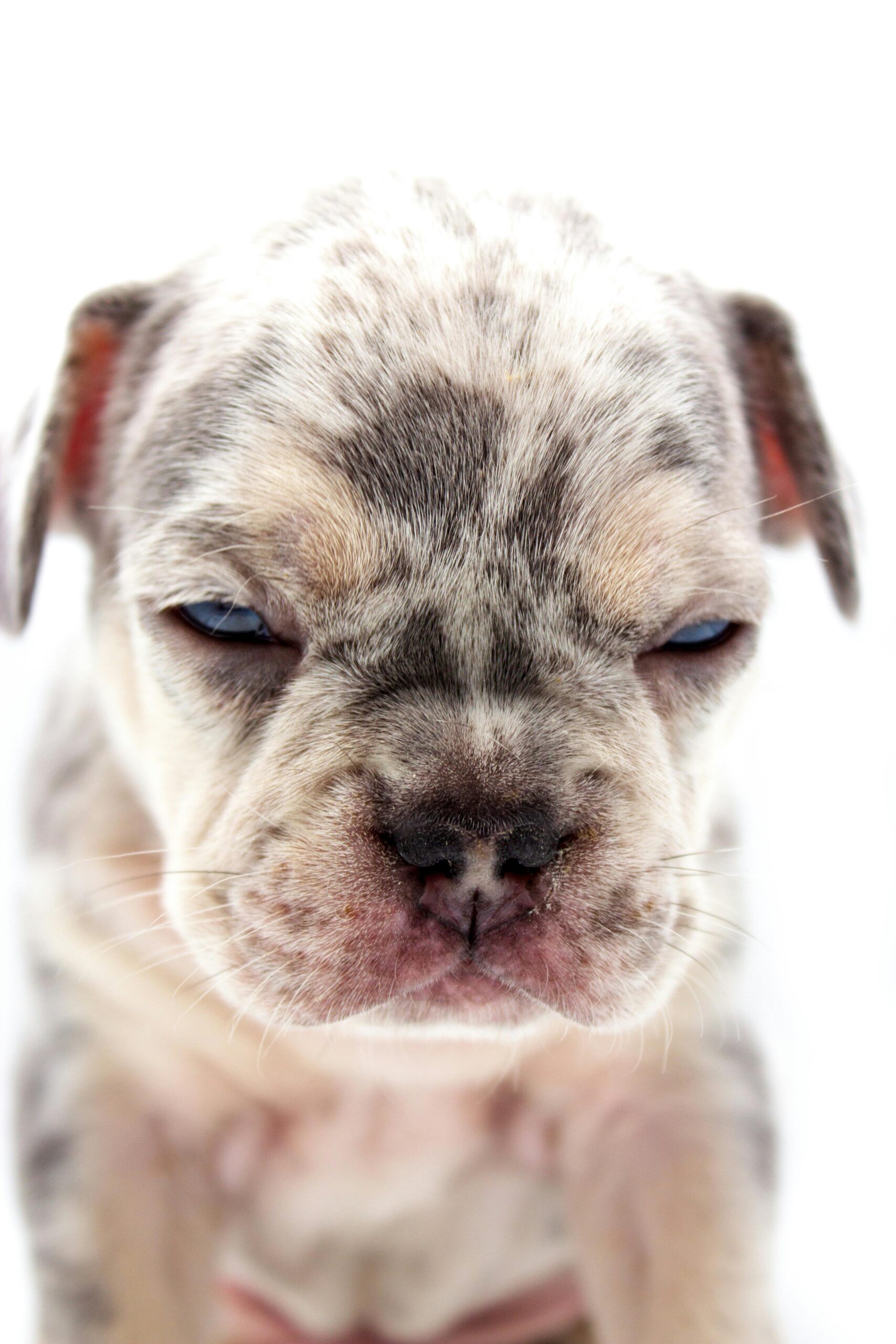
French Bulldogs, affectionately known as “Frenchie’s,” have a rich and fascinating history. Originally bred in England as miniature Bulldogs, they were popular among lace workers in Nottingham. When the lace industry moved to France, these workers took their small Bulldogs with them, where they were further bred with local ratters and other small breeds, eventually leading to the French Bulldog we know today.
In the 1800s, French Bulldogs gained popularity among Parisian society, especially among artists, writers, and fashion designers. Their unique appearance and charming personalities made them a favorite among the elite, and they quickly became associated with the sophisticated Parisian lifestyle.
2. Physical Characteristics
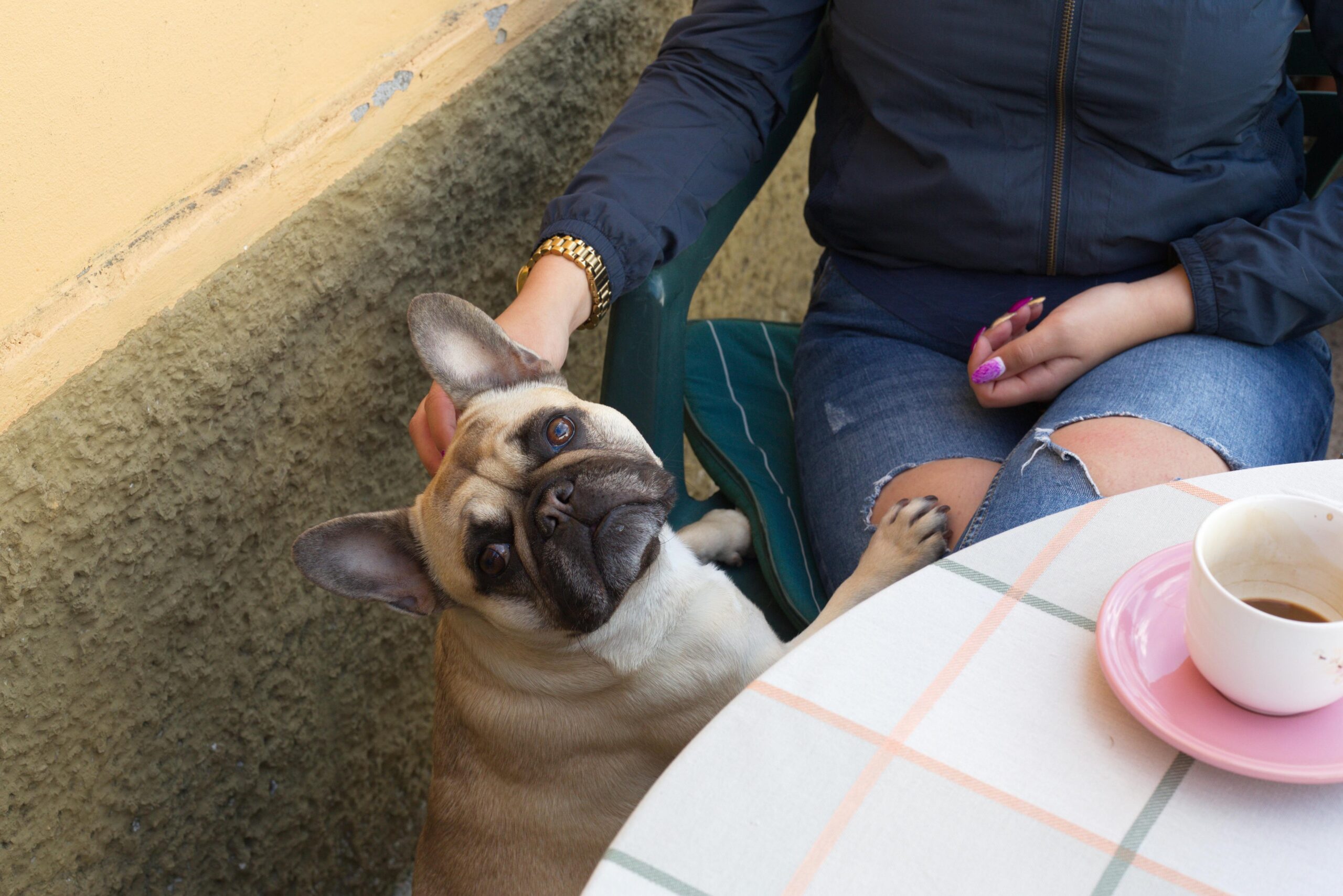
French Bulldogs are compact, muscular dogs with a distinctive appearance. Their most notable feature is their bat-like ears, which stand erect and give them an alert, inquisitive look. They have a broad, square head with a short, flat muzzle, and their eyes are round and dark, conveying a soft, expressive gaze.
French Bulldogs have a smooth, short coat that comes in a variety of colors, including fawn, brindle, white, and pied (a combination of white and another color). They have a stocky build with a deep chest and a short, curled tail. Despite their small size, French Bulldogs are surprisingly sturdy and strong.
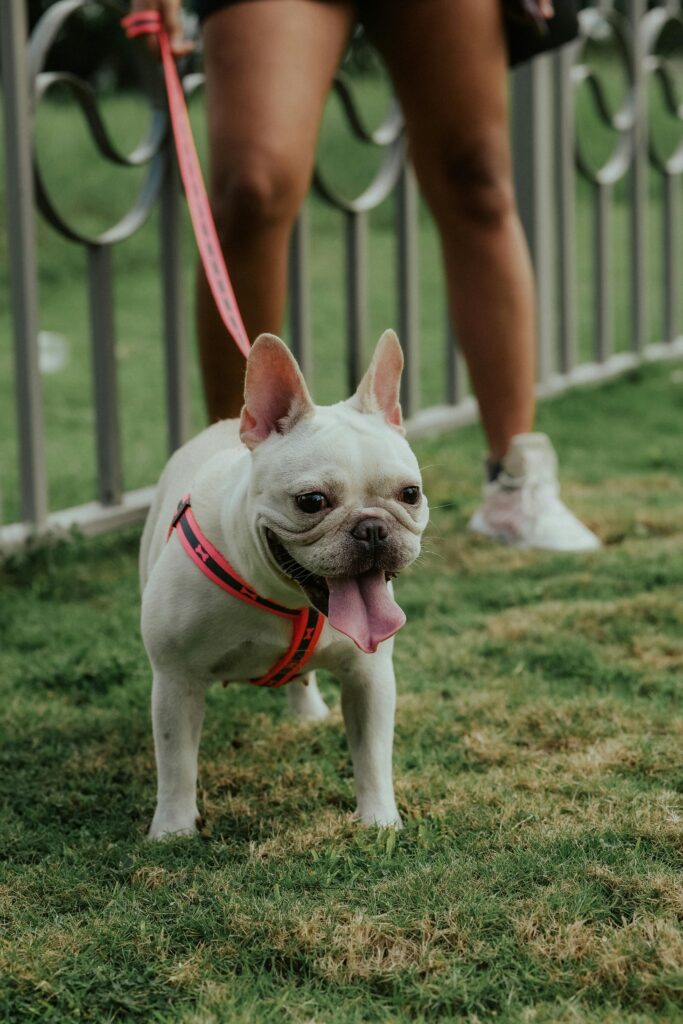
Table 1: Physical Characteristics of French Bulldogs
| Feature | Description |
|---|---|
| Size | Small, compact, muscular |
| Weight | 16-28 pounds (7-13 kg) |
| Height | 11-12 inches (28-31 cm) |
| Coat | Short, smooth, and fine |
| Coat Colors | Fawn, brindle, white, pied |
| Ears | Bat-like, erect |
| Eyes | Round, dark, expressive |
| Tail | Short, curled or straight |
3. Temperament and Personality
French Bulldogs are known for their affectionate and playful nature. They are people-oriented dogs that thrive on human interaction and are known to form strong bonds with their owners. Frenchies are often described as being both clownish and charming, with a personality that can brighten up any room.
These dogs are generally good with children and other pets, making them an excellent choice for families. However, they can be a bit stubborn at times, which can make training a challenge. Patience and consistency are key when training a French Bulldog.
French Bulldogs are not known to be excessive barkers, but they will alert their owners to anything unusual. Their alert nature, combined with their affectionate temperament, makes them excellent companion dogs.
4. Training and Socialization
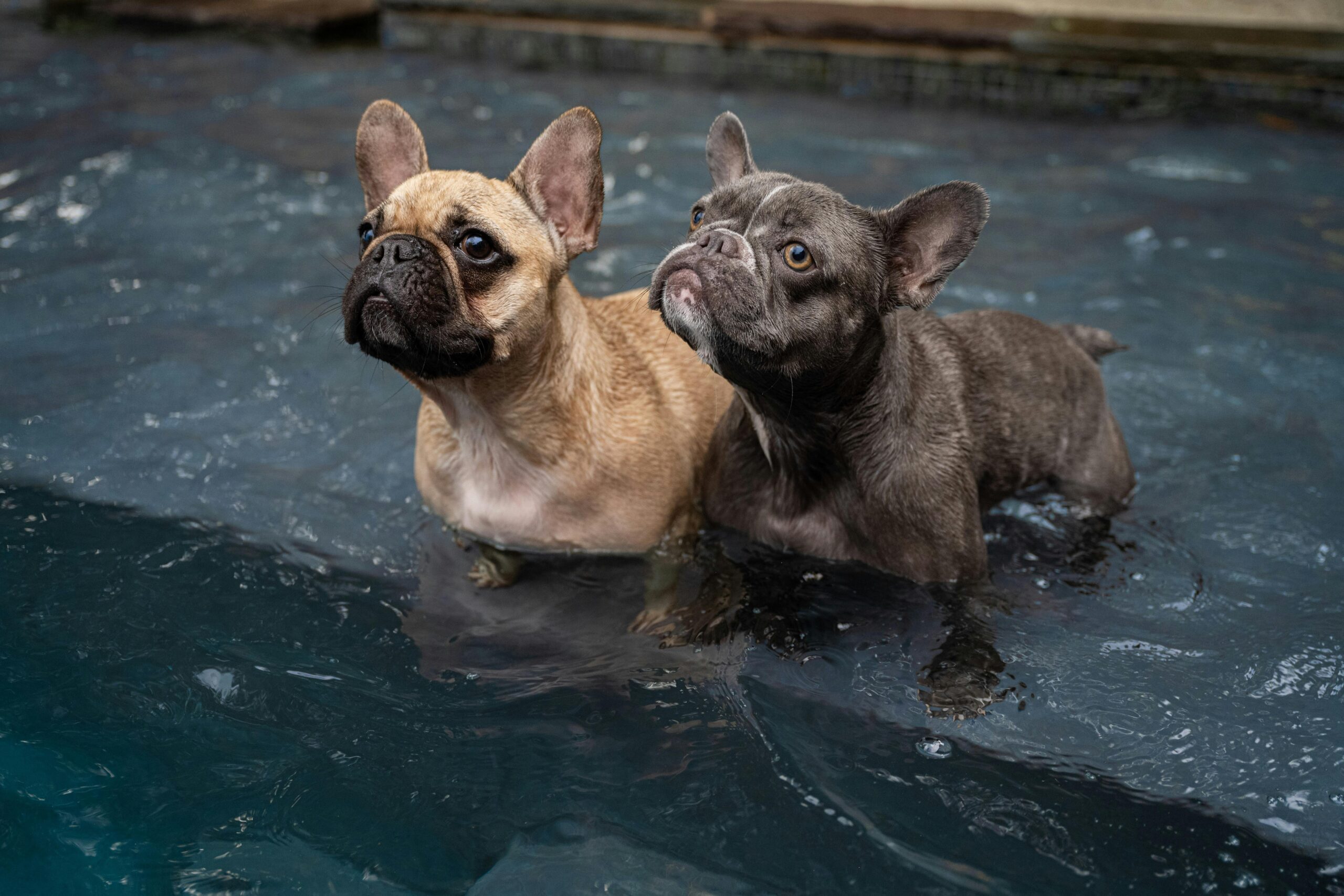
Training a French Bulldog requires a gentle yet consistent approach. Due to their stubborn streak, it’s essential to start training early and use positive reinforcement techniques. Harsh training methods are not effective with this breed and can lead to resistance or even behavioral issues.
Socialization is equally important for French Bulldogs. Exposing them to various environments, people, and other animals from a young age will help them develop into well-rounded adults. Puppy socialization classes can be particularly beneficial in helping French Bulldogs learn appropriate behavior in different situations.
5. Health and Wellness
Like all breeds, French Bulldogs are prone to certain health issues. One of the most common concerns is their susceptibility to brachycephalic airway syndrome due to their short, flat muzzles. This condition can cause breathing difficulties, especially in hot or humid weather. Owners need to be vigilant about keeping their French Bulldog cool and avoiding excessive exercise during warm weather.
Other common health issues in French Bulldogs include hip dysplasia, patellar luxation, and intervertebral disc disease. Regular veterinary check-ups are essential to monitor and manage these conditions effectively. Additionally, French Bulldogs are prone to skin allergies and ear infections, so routine grooming and cleaning are crucial to their health.
Table 2: Common Health Issues in French Bulldogs
| Health Issue | Description | Prevention/Management Tips |
|---|---|---|
| Brachycephalic Airway Syndrome | Breathing difficulties due to short muzzle | Avoid excessive heat, provide cool environments |
| Hip Dysplasia | Abnormal development of the hip joint | Regular vet check-ups, maintain healthy weight |
| Patellar Luxation | Dislocation of the kneecap | Monitor for limping, regular vet visits |
| Intervertebral Disc Disease | Spinal disc problems causing pain and mobility issues | Avoid jumping from heights, regular exercise |
| Skin Allergies | Allergic reactions causing itching, redness, and irritation | Regular grooming, hypoallergenic diets |
| Ear Infections | Inflammation and infection in the ear canal | Regular ear cleaning, monitor for signs of discomfort |
6. Nutrition and Diet
A well-balanced diet is crucial for maintaining the health and vitality of a French Bulldog. Due to their tendency to gain weight easily, it’s important to monitor their food intake and provide a diet that meets their specific nutritional needs. High-quality commercial dog food formulated for small breeds is generally recommended, but some owners may prefer to prepare homemade meals.
French Bulldogs do well on a diet rich in protein, with moderate fat and low carbohydrates. It’s important to avoid overfeeding and to provide meals in measured portions to prevent obesity. Fresh water should always be available, and treats should be given sparingly.
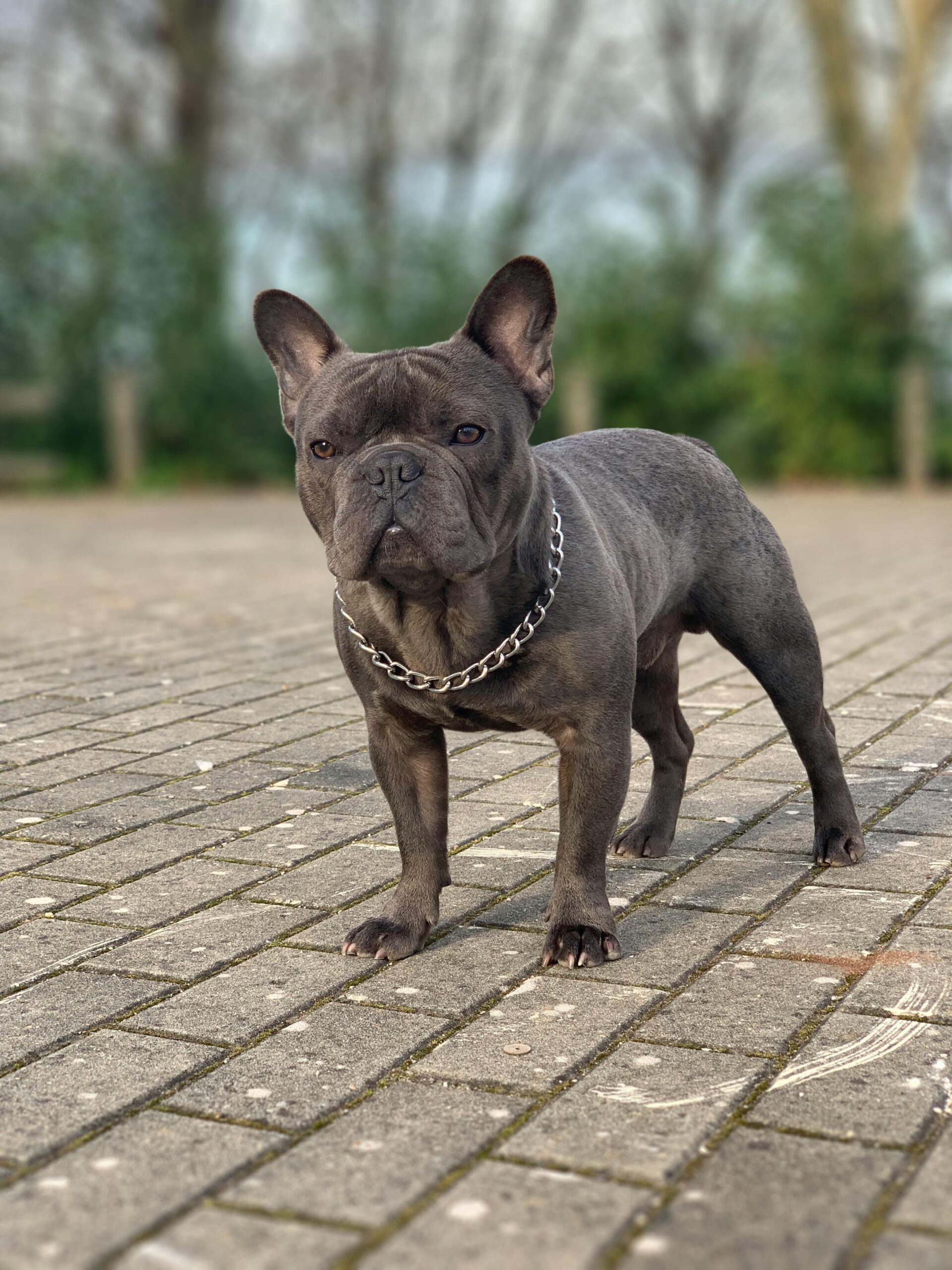
7. Exercise Needs
Despite their small size, French Bulldogs have moderate exercise needs. They enjoy short walks, playtime in the yard, and interactive games with their owners. However, due to their brachycephalic nature, they can easily overheat, so it’s important to avoid strenuous activity during hot weather.
French Bulldogs are not suited for long runs or vigorous exercise, but they do enjoy mental stimulation through puzzle toys and training exercises. Regular, moderate exercise is essential to keep them at a healthy weight and to prevent boredom, which can lead to destructive behavior.
8. Grooming Requirements
French Bulldogs have relatively low grooming needs due to their short coat. However, they do shed, so regular brushing with a soft-bristle brush or grooming mitt can help manage shedding and keep their coat looking healthy. Bathing should be done as needed, typically every 4-6 weeks, using a gentle dog shampoo.
Special attention should be given to the folds of skin on a French Bulldog’s face, as these can trap moisture and lead to infections if not cleaned regularly. Wiping these folds with a damp cloth and thoroughly drying them afterward is essential to prevent skin issues.
Nail trimming, ear cleaning, and dental care are also important aspects of grooming. French Bulldogs may be prone to dental issues, so regular brushing with dog-specific toothpaste is recommended.

9. Living Environment
French Bulldogs are well-suited to apartment living due to their small size and relatively low activity level indoors. They are content to lounge around the house and don’t require a large yard, making them ideal pets for city dwellers. However, they do enjoy spending time outdoors, so access to a secure yard or regular trips to the park is beneficial.
Because of their susceptibility to temperature extremes, French Bulldogs should be kept in a climate-controlled environment. They are sensitive to both heat and cold, so ensuring they are comfortable year-round is crucial.
10. French Bulldogs with Families and Other Pets
French Bulldogs are excellent family pets, known for their affectionate nature and love of companionship. They are generally good with children, especially when properly socialized from a young age. However, as with all dogs, interactions between young children and French Bulldogs should be supervised to ensure the safety of both the child and the dog.
When it comes to other pets, French Bulldogs typically get along well with other dogs and cats, particularly if they have been raised together. Their sociable nature means they enjoy the company of other animals, but it’s important to introduce new pets gradually and monitor interactions to prevent any issues.
11. Common Challenges
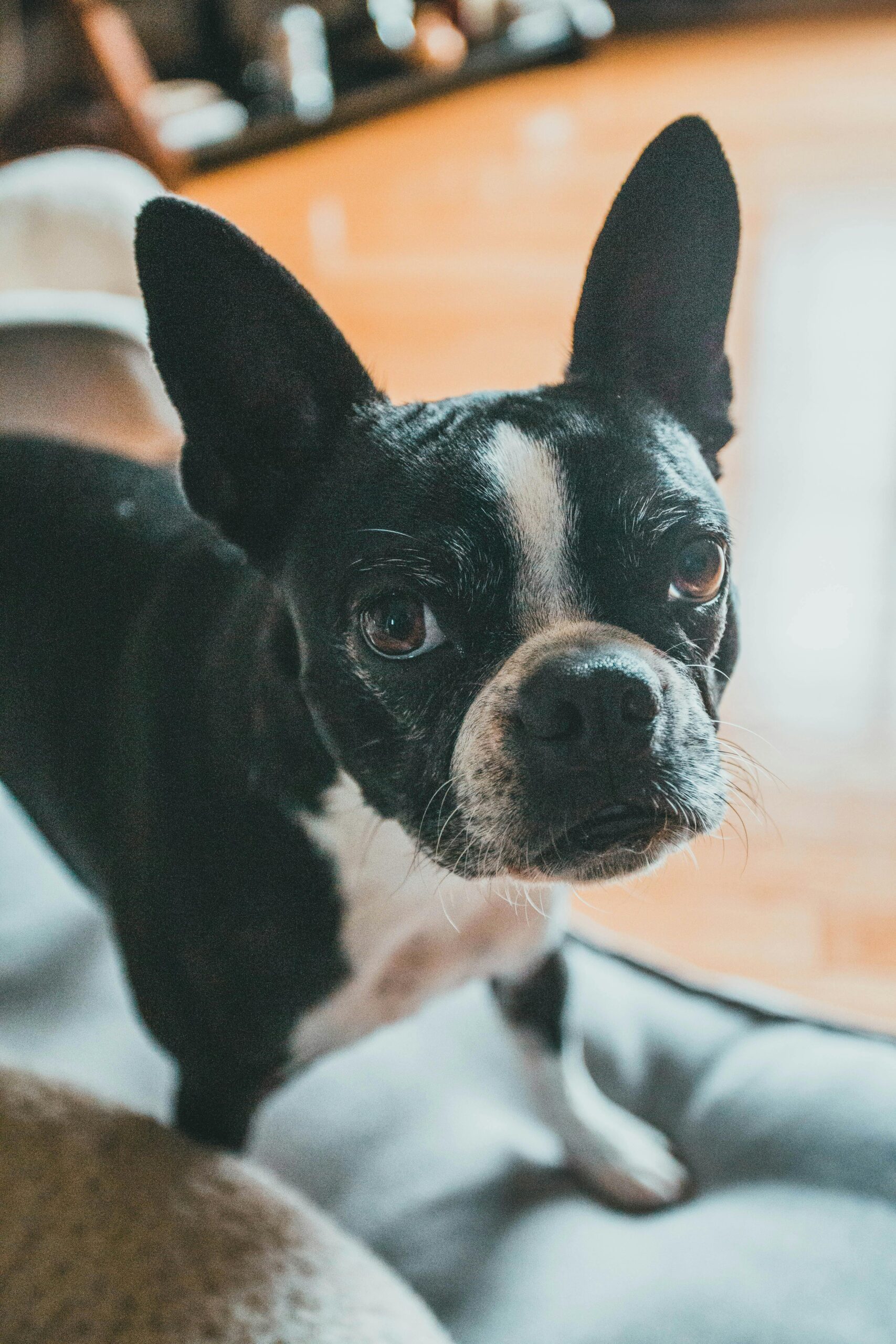
Owning a French Bulldog can come with some challenges, particularly related to their health and stubborn temperament. Their brachycephalic nature means that they are prone to breathing problems, which can limit their ability to exercise and tolerate heat. Owners need to be mindful of these limitations and provide a comfortable environment that minimizes stress and overheating.
Additionally, French Bulldogs can be prone to separation anxiety. They thrive on companionship and can become distressed if left alone for long periods. Crate training and gradually increasing the time spent alone can help mitigate separation anxiety.
Training can also be a challenge due to their stubborn streak. French Bulldogs require a patient and consistent approach, with plenty of positive reinforcement. They may not always be eager to please, but with time and effort, they can learn to follow commands and behave appropriately.
Table 3: Challenges of Owning a French Bulldog
| Challenge | Description | Management Tips |
|---|---|---|
| Brachycephalic Issues | Breathing difficulties, overheating, and exercise intolerance | Keep cool, avoid strenuous activity, vet monitoring |
| Stubborn Temperament | Difficulty in training due to independent nature | Use positive reinforcement, be patient and consistent |
| Separation Anxiety | Distress when left alone for extended periods | Crate training, gradual alone-time increase |
| Health Issues | Susceptibility to various genetic and breed-specific conditions | Regular vet check-ups, proactive health management |
| Prone to Obesity | Easy weight gain due to low exercise tolerance | Monitor diet, provide regular, moderate exercise |
12. Conclusion
French Bulldogs are a delightful breed that brings joy and companionship to any household. Their unique appearance, affectionate nature, and playful personality make them a favorite among dog lovers worldwide. However, owning a French Bulldog comes with responsibilities, especially regarding their health and well-being.
Understanding the breed’s specific needs and challenges is key to providing the best possible care for a French Bulldog. With proper attention to their diet, exercise, grooming, and health care, French Bulldogs can live happy, healthy lives as cherished members of their families. Whether you’re a first-time dog owner or an experienced pet parent, the French Bulldog is sure to bring love and laughter into your home.
